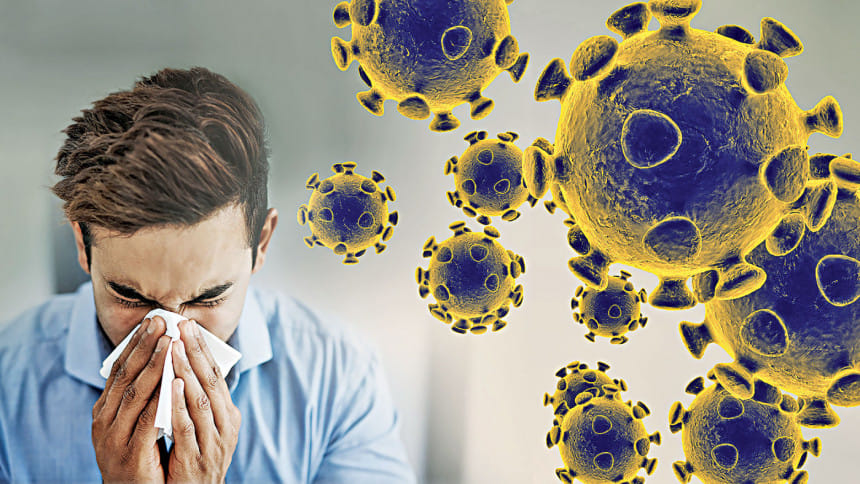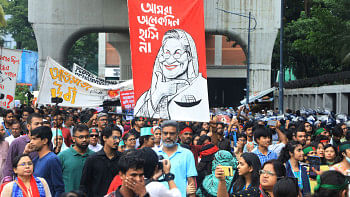Novel coronavirus mutation and genome sequencing

The recent pandemic caused by the novel coronavirus (SARS-CoV-2) has caused the death of about 365,000 people throughout the world so far. The novel coronavirus responsible for coronavirus disease (COVID-19) has much genomic similarity (about 80%) with severe acute respiratory syndrome coronavirus (SARS-CoV) and Middle East respiratory syndrome coronavirus (MERS-CoV) that spread throughout the world in 2002-2003 and 2012 respectively.
The novel coronavirus is an RNA virus that has undergone multiple mutations including mutation in the genomic (gene) protein. One of the characteristics of an RNA virus is its high potential for mutation and adaptability to environmental changes.
Mutation of a virus can bring changes in their character including their infectivity, virulence and pathogenesis. Knowledge about mutations helps plan the management in general including the selection of the tests for its identification, treatment procedure and invention/production of vaccines.
In the regional planning strategy for the overall management of COVID-19, mutation related information of the virus should be taken into account along with the guideline provided by the World Health Organisation. For example, one particular group of drugs may not be similarly effective on a particular strain of the virus. For innovation of the most effective vaccine, it is essential to take the different strains into account.
Mutation related changes can be determined by genomic sequencing and by comparing with a standard. Genome sequencing had been performed by many countries. Recently genome sequencing of the novel coronavirus had been done in Bangladesh for the first time. It is now important to perform genomic sequencing with much more patient samples and with particular attention by taking samples from hot spot areas for COVID-19 in the country.
Recent research detected some hotspots of mutation in the SARS-CoV-2 virus genome. Researchers found that the Asian, European, American and Russian strains coexist regarding the attack in any particular region or country. It is also observed that the mutation in one country or region is different from that of other countries and regions. Researcher Esteban Domingo mentioned in an article that too frequent and rapid mutation of the virus might decrease or extinct the infectivity of the virus. If such a situation occurs it may obviate human beings from this present dangerous situation.
Many aspects of COVID-19 are still unknown and research is ongoing. Production of vaccines is in the trial phase but quite a long time may be needed for its commercial use. COVID-19 exposes the poor health service status of many countries. Regions, countries and researchers need to be even more proactive for research on COVID-19 and other emerging and re-emerging diseases that have ceased millions of lives throughout the world in the past decades.
The writer is a Professor of Orthopaedics. E-mail: [email protected]

 For all latest news, follow The Daily Star's Google News channel.
For all latest news, follow The Daily Star's Google News channel. 



Comments